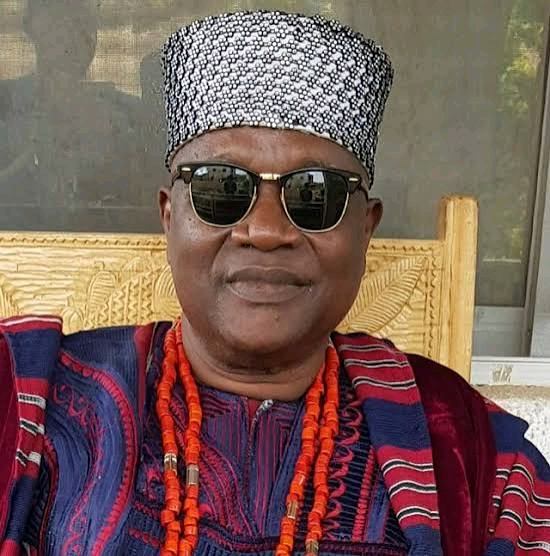Ikhide Roland Ikheloa is a Nigerian writer and literary critic who has worked in the American civil service since 1984. He is widely read and known in Anglophone Africa for his strong opinions on literature and politics which has won him many admirers and also made him very controversial. While he is seen as a writer and critic by his admirers, this position has often been debated by his critics. But Ikheloa simply refers to himself as a reader who writes and is highly opinionated.
Early Life and Education
Ikhide Ikheloa was born in Ikeja Barracks, Lagos on February 14, 1959. His father was an itinerant policeman and his mother was a typist at the Lagos immigration office. Due to his father's occupation, he was transferred often across Southern Nigeria. Ikheloa earned a BSc in Biochemistry from the University of Benin in 1979.
He moved to the United States in 1982 to pursue an MBA at the University of Mississippi, graduating in 1984.
Career
Ikheloa is a writer known for his literary and social criticism. Though he identifies more as a writer who reads, he is popularly seen as a critic. His nonfiction has appeared in Guernica, Ecclectica, and political writings in Independent UK and the now-defunct NEXT newspaper, for which he wrote over 150 pieces in three years. He has also written for African Writer, Brittle Paper, and other key African literary platforms.
He is one of the most influential literary and social critics in Anglophone Africa. His 2017 critique of Fiston Mwanza Mujila's Tram 83 sparked significant debate. While the novel had won the 2015 Etisalat Prize and was praised by The Guardian, Ikheloa criticized its portrayal of Africans. This led to debates among top African literary figures and changed discourse around the book.
In the 1990s, his political activism flourished. He joined the Naijanet platform alongside Wole Soyinka and Beko Ransome Kuti, advocating for MKO Abiola's stolen mandate. During Abacha's regime, Ikheloa appeared regularly on Radio Kudirat. He continues to write on Nigerian politics and democracy.
Though he resists the label "critic," Ikheloa's prolific and bold literary commentary has earned him the title "irreverent critic."
Movements
Ikheloa has consistently fought for authentic African narratives. He criticized the Caine Prize in 2011 for encouraging stereotypes in African writing. In 2014, he opposed support for Muhammadu Buhari by Nigerian writers, causing tension within the literary community.
In 2017, he called for the boycott of Kaduna Book and Arts Festival (KABAFEST) due to Nasir El-Rufai’s alleged role in the massacre of Shi'ite Muslims.
A strong advocate of digital storytelling, Ikheloa believes traditional books are dying while the internet sustains ideas. In 2022, during his Lifetime Achievement Award acceptance at the James Currey Festival, he emphasized the need for digital publishing in Nigeria.
He also supported the Esan collective, an initiative to preserve the Esan language.
In 2016, The Guardian UK featured him on "The Lagos Power List: 21 people in 21 Million" and described him as a maverick whose social media influence critiques Nigeria’s elite.
Writings
Ikheloa’s work spans essays and creative nonfiction. Notable publications include:
- Notes from my Middle Passage
- For Fearless Fang: A Boy and His Pet
- Life in America: Candlefoot by Candlelight
- The Second Coming
Social Media Advocacy
Ikheloa is known for building his literary career on social media. He believes the best African writing now exists online, where writers are free from institutional or Western expectations.
At the James Currey Literary Festival in the UK, he argued:
"The greatest tragedy of modern literature is that those who are invested in the past... insist on reading to a bored, disengaged world... We must revive African narrative organically. Long live social media!"
In a 2014 interview with Moonchild, he praised the current generation of Nigerian writers as the most innovative because of their use of social media.
Awards
In September 2022, Ikheloa was awarded the Lifetime Achievement Award in Literary Criticism at the James Currey Literary Festival held at Oxford University.
